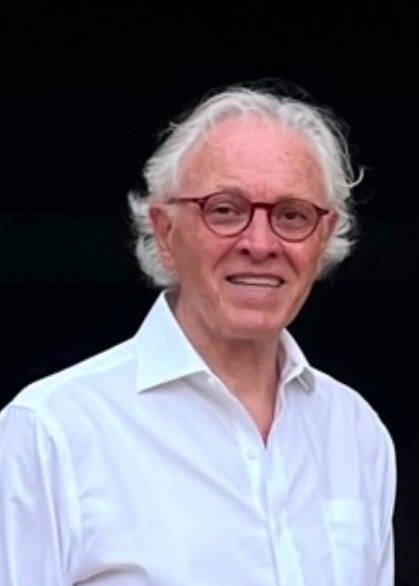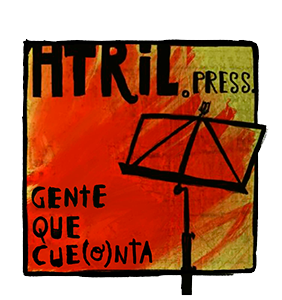
Fuente:https://richardbaxell.info/
It is extraordinary that across Britain there are more than 100 memorials honouring the volunteers from Britain and Ireland who took up arms in the Spanish Civil War.
Some 2,500 men and women made the journey to Spain to stem the rising tide of fascism in the 1930s – a threat to social democracy that would devastate Europe in World War II and, a century later, still casts its long shadow.
Those who joined the fight for the Spanish Republic came largely from working-class backgrounds: trade unionists, nurses, pacifists who refused to carry arms but carried stretchers instead. There were also writers, artists and intellectuals, most famously George Orwell, who arrived in Barcelona on 26 December 1936 and enlisted with the POUM (Partido Obrero de Unificación Marxista).
The Second Republic was proclaimed on 14 April 1931, when King Alfonso XIII went into exile. Two general elections, in 1933 and 1936, brought a centrist Popular Front coalition to power with a programme of land redistribution, women’s suffrage, labour rights and a national health system.
On 17 July 1936, a military uprising led by General Francisco Franco began. The generals marched their soldiers out of their barracks to make war on their own people.
More than 50,000 volunteers from around the world answered the Republic’s call for help, forming the International Brigades. They saw fascism for what it was: a threat to all of Europe.
Hitler and Mussolini poured arms into Franco’s war while Britain, France and the United States clung to a policy of non-intervention. Germany and Italy used Spain as a testing ground for modern warfare. The bombing of Guernica by Hitler’s Condor Legion on 26 April 1937 – the first saturation aerial attack on a civilian population – wiped the undefended Basque town from the map.
The war ended on 1 April 1939. One million Spaniards were dead or in exile. Franco’s dictatorship would last for 36 years, until his death on 20 November 1975.
Today, more than 100 memorials across Britain and Ireland stand as quiet witnesses to that history. Etched into simple plaques, they bear the names of ordinary men and women who fought in an extraordinary struggle. They are not monuments to victory but to courage, solidarity and sacrifice – they remind us that the volunteers saw fascism for what it was, long before the world was ready to face it, and their example still speaks to us in an age when democracy is once again being tested.

